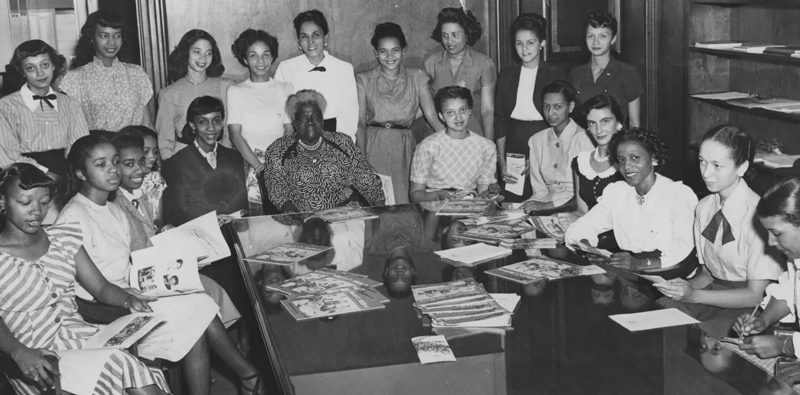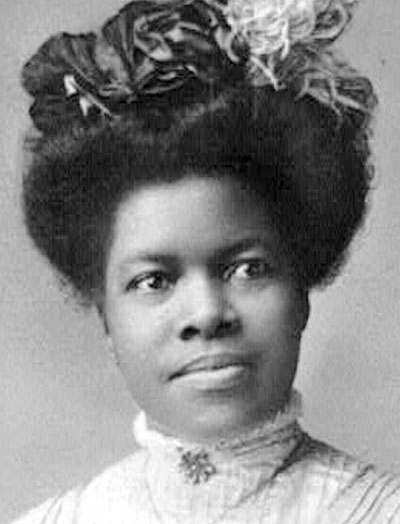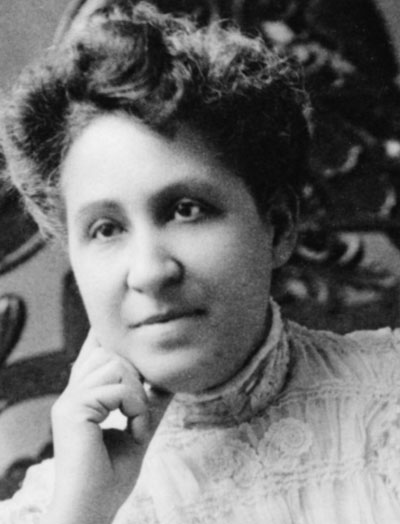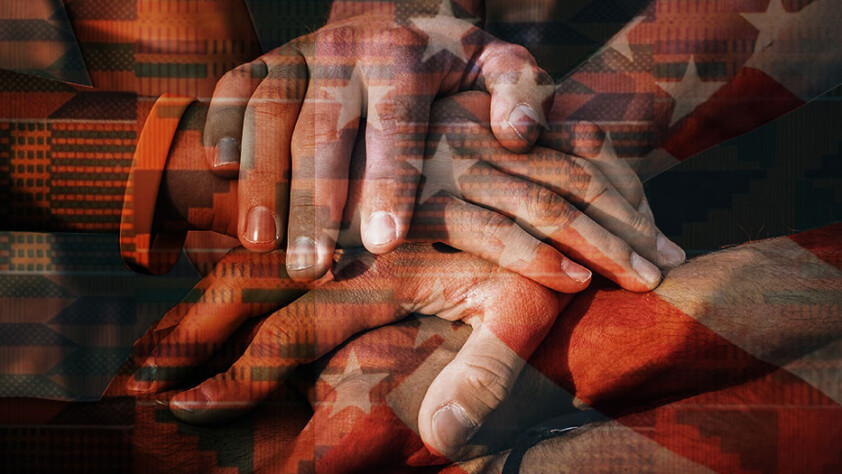DAY 13: EDUCATION PT3 – BLACK WOMAN PIONEERS OF EDUCATION
If we focus on Dubois and Washington only, Then we will only be telling half the story. When it comes to the development of Education for African Americans, Black women were just as instrumental as Black men. In this section, we will focus on a few of the women pillars who helped lay the foundation for HBCUs and other efforts aimed at educating Black people.
We have chosen to celebrate a select few Black women educational pioneers for their determination to change Black perception and thus change the landscape and future of our country. Today we honor their genius. We must not let their contributions be forgotten or let others bask in the credit of their achievements. Today let’s change the narrative. #LET THE TRUTH BE TOLD.
“Mother of Black Education”
MARY MCLEOD BETHUNE FOUNDER OF BETHUNE COOKMAN UNIVERSITY
One of 17 children born to formerly enslaved people, Mary McLeod Bethune spent the first few years of her life picking cotton as her family worked to buy the land on which they had been enslaved. At age 10, Bethune became the first and only child in her family to go to school, walking miles each way to get there. She understood the importance of education from an early age and did her best to share her newfound knowledge with her family. “The whole world opened to me when I learned to read,” Bethune said.
After completing her studies, Bethune began her teaching journey, and she spent the rest of her life devoted to the movement for Black education.
Bethune lived on the land her parents bought from their former owners
BIOGRAPHY.COM
Bethune was born on July 10, 1875, near Maysville, South Carolina, just 10 years after the end of the Civil War. Life changed for Bethune when she enrolled in the one-room Trinity Presbyterian Mission School at 10 years old.
After getting started at Trinity Presbyterian, Bethune sought higher education by graduating from the Scotia Seminary in North Carolina in 1894, and later Moody Bible Institute in Chicago. Strong in her faith, Bethune originally studied to become a missionary. But with a lack of openings and no church willing to accept her, Bethune instead turned to education.
word directly from her.
Mary McLeod Bethune was a prominent educator, political leader, and social visionary whose early twentieth century activism for black women and civil rights laid the foundation for the modern civil rights era. Inspired by leaders such as Ida B. Wells-Barnett and Josephine St. Pierre-Ruffin, Bethune mobilized African American women’s organizations to challenge racial injustice and demand first class citizenship.
Mary Jane McLeod was born on July 10, 1875, the fifteenth of seventeen children of Samuel and Patsy McIntosh McLeod, former slaves in Maysville, South Carolina. As a child, she quickly discovered the value of education. Unlike her parents and all but two of her siblings, Bethune was born free and was formally educated at the Maysville School, a Presbyterian Mission School for African Americans. Shortly after her graduation in 1886, Bethune continued her education on a scholarship at the Scotia Seminary for Girls (now Barber-Scotia College) in Concord, North Carolina. Upon graduation in 1894, Bethune initially planned to become a Christian missionary in Africa. After teaching and working among South Carolina blacks, however, she realized that “Africans in America needed Christ and school just as much as Negroes in Africa… My life work lay not in Africa but in my own country.”

“Other Notable Contributors”
Nannie Helen Burroughs was born in Orange, Virginia on May 2, 1879 to parents John and Jennie Burroughs. Young Burroughs attended school in Washington, D.C. and then moved to Kentucky where she attended Eckstein-Norton University and eventually received an honorary M.A. degree in 1907.
Despite the absence of a college degree, Burroughs sought a teaching position in Washington, D.C. When she did not receive it, she moved to Philadelphia, Pennsylvania and became associate editor of The Christian Banner, a Baptist newspaper. Burroughs returned to Washington, D.C. where, despite receiving a high rating on the civil service exam, she was refused a position in the public school system. Burroughs took a series of temporary jobs including office building janitor and bookkeeper for a small manufacturing firm, hoping to eventually become a teacher in Washington, D.C. She then accepted a position in Louisville as secretary of the Foreign Mission Board of the National Baptist Convention.
In 1907 Burroughs, supported by the National Baptist Convention, began planning the National Trade and Professional School for Women and Girls in Washington, D.C. The school opened in 1909 with 26-year-old Burroughs as its first president. Burroughs adopted the motto “We specialize in the wholly impossible” for the school, which taught courses on the high school and junior college level. She led her small faculty in training students through a curriculum that emphasized both vocational and professional skills. Her students were to become self-sufficient wage earners and “expert homemakers.”

Nannie Helen Burroughs 
Mary Church Terrell
Mary Church Terrell, a writer, suffragist, educator, and activist, co-founded the National Association of Colored Women and served as the organization’s first president. Known as “Mollie” to her family, Church who was born in Memphis, Tennessee in 1863, lived a life of privilege due to the economic success of her parents, both former slaves. Her mother, Louisa Ayres Church, owned a hair salon, while her father, Robert Reed Church, was the first black millionaire in the South due to his business and real estate dealings. Church’s parents divorced when she and her brother were young, and her father remarried.
Church left her hometown of Memphis, Tennessee, at an early age to enroll at the elementary school at the Antioch College laboratory school in Ohio. She remained in Ohio to attend both Oberlin Academy and Oberlin College, where she earned a Bachelor of Arts in Classical Languages in 1884. She earned a master’s degree from Oberlin four years later.
Although her father disapproved of her working, Church became a teacher after graduating from Oberlin. She taught at Wilberforce College in Ohio before moving to Washington, D.C. in 1887 to join the faculty at M Street Colored High School, which later became Dunbar High School. While in Washington, she met fellow teacher Anna Julia Cooper, as well as the man she would marry, Robert Heberton Terrell, chairman of the school’s language department. Since married women could not work as teachers in Washington, D.C., she resigned when they wed in 1891.
One year after her wedding, tragic news from her hometown motivated Terrell to become a social activist. In 1892, she learned that Thomas Moss, a close friend from Memphis, had been lynched. After Terrell’s and Frederick Douglass’s appeals to President Benjamin Harrison failed to produce a public condemnation of lynching, she formed the Colored Women’s League in Washington to address social problems facing black communities. Four years later, Terrell helped create the National Association of Colored Women (NACW), and became its first president. The NACW adopted the motto, “Lifting As We Climb,” and promoted racial uplift through education and community activism.
10 HISTORIC BLACK TEACHERS WHO REVOLUTIONIZED THE SYSTEM FOR THE COMMUNITY
Click here to see other notable teachers who have impacted education efforts and our nation.
Content provided courtesy of History.com, Britannica.com and Wikipedia.com, Biographies.com, Blackpast.com, notablebiographies.com, and scoonews.com. All Rights Reserved.


